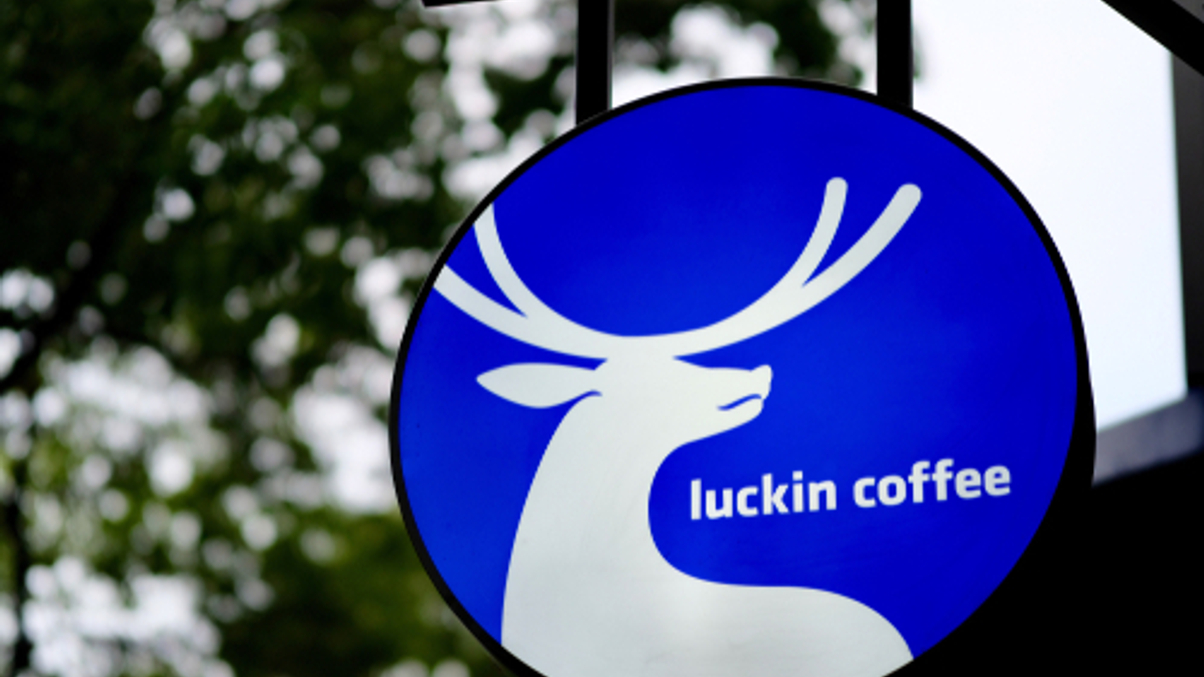GPs challenged by Luckin fallout, US-China tensions
Some private equity firms could struggle to get money for China-focused funds amid rising Sino-US tensions and after a private equity-backed mainland company admitted to fraud.

Already hit hard by Covid-19, China-focused private equity strategies are facing rapidly worsening conditions to raise funds as Sino-US tensions ratchet up to new levels and a case of fraud at private equity-backed Chinese company Luckin Coffee undermines investor confidence.
Sign in to read on!
Registered users get 2 free articles in 30 days.
Subscribers have full unlimited access to AsianInvestor
Not signed up? New users get 2 free articles per month, plus a 7-day unlimited free trial.
¬ Haymarket Media Limited. All rights reserved.


